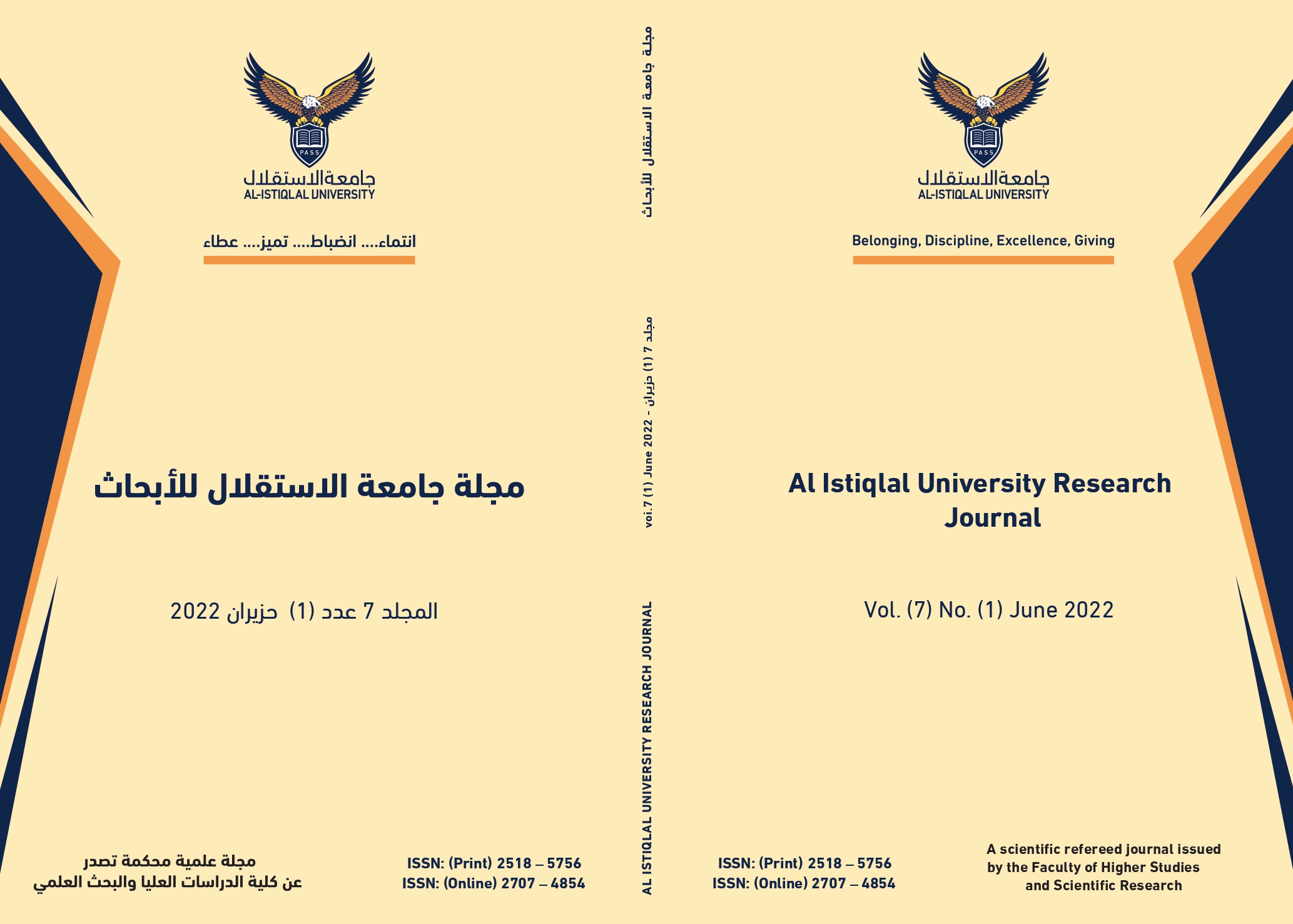Abstract
This study aimed to examine the actual concept of servant leadership as one of the relevant leadership styles nowadays. Building on the norms of social exchange theory (SET), the framework to examine the mediating role of perceived organizational support (POS) in the relationship between servant leadership and followers’ helping behavior was developed. To achieve this aim, a qualitative method to identify the relationship between servant leadership and the level of helping behavior among the people of higher educational institutions in Palestine was used, based on the viewpoint of education experts. Interviews were conducted with selected members of the top management. The interviews' main goal was to examine the characteristics of servant leadership and the developmental practices as well as to realize the way the employee perceives it, to enhance helping behaviors among employees. By applying the qualitative analysis using Atlas.ti, the causal process was described. The findings revealed that behaviors of servant leadership have direct and positive relationships with followers’ helping behaviors. Additionally, it was found that POS served as a mediator in the servant leadership - helping behavior link. Theoretical and managerial implications are suggested.

This work is licensed under a Creative Commons Attribution-ShareAlike 4.0 International License.
Copyright (c) 2022 Al Istiqlal University Research Journal




